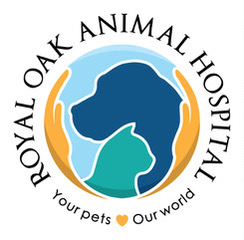Library
-
COVID-19 is a viral respiratory disease of humans that was first discovered in late 2019. The illness is caused by the virus SARS-CoV-2, which is a new coronavirus that has not previously been identified in humans. Certain animals can be infected by the COVID-19 virus, but it appears to be infrequent. Dogs and cats seldom show severe clinical illness if infected with COVID-19.
-
Chlamydiosis (psittacosis, parrot fever, ornithosis) is a common disease of birds caused by a bacterial organism called Chlamydia psittaci. Birds with chlamydiosis exhibit a decreased appetite, weight loss, lethargy, diarrhea, nasal or ocular discharge, a fluffed-up appearance, and breathing difficulties. Testing and treatment are discussed. Chlamydiosis is a zoonotic disease, meaning that it can be passed to humans, so all new pet birds should be tested for this disease.
-
Pyrantel pamoate is given by mouth and is used on and off label to treat intestinal parasites in many species. Give as directed. Side effects are uncommon but may include stomach upset, such as vomiting or diarrhea. Do not use in pets that are allergic to it. If a negative reaction occurs, call your veterinarian.
-
The West Nile Virus (WNV) is transmitted by the bite of a mosquito that is infected with the virus. Birds are susceptible to the virus and can act as a host, though indigenous birds such as owls, hawks, eagles, crows, and jays appear to be most at risk in comparison to pet birds. There is no treatment once a bird is infected so prevention is of high importance.


